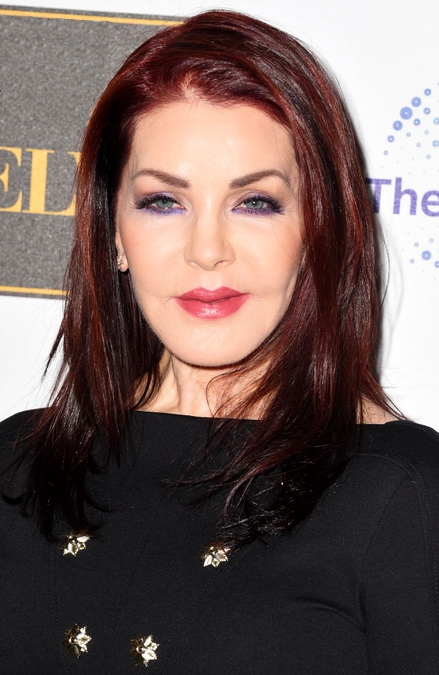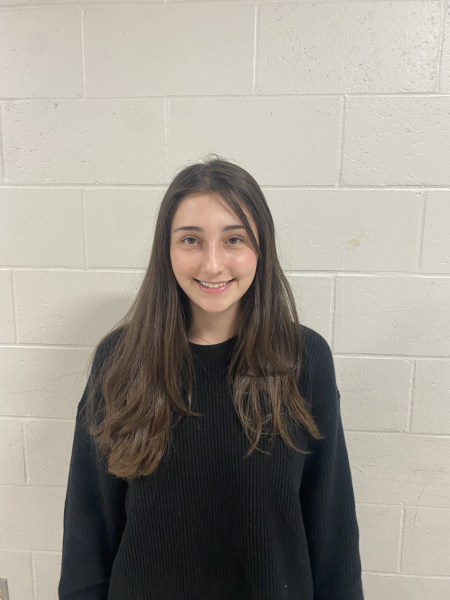The powerful and introspective new film, Priscilla, directed, written, and produced by Sofia Coppola, hit theaters on October 27, 2023, capturing the attention of movie enthusiasts. Based on Priscilla Presley’s 1989 autobiography, Elvis and Me, the movie delves into the individual journey of Elvis Presley’s ex-wife, Priscilla. It offers a poignant glimpse into the complexities of their marriage and the lack of individuality she had throughout the majority of her life. I had the chance to go watch this movie during the past weekend and would assuredly support the hour and fifty-three-minute commitment of seeing it.
Stepping out of the theater left me contemplative. Prior to watching, I’d encountered a mix of opinions regarding the film, leaving me uncertain about what to expect. Yet, “Priscilla” unfolded as an intimate, vulnerable narrative, bearing the raw essence of Presley’s life. It gracefully portrayed her pre-fame innocence and later, her intertwined existence with Elvis—a life both bitter and beautiful. Certain scenes showed her as an ordinary teenager; she is portrayed as a very relatable young girl not yet burdened by the trappings of fame she would later encounter. Some critics argued that there was an absence of a defined storyline, but I found the film’s essence lay in authentically showcasing Priscilla’s experiences. Notably, her involvement as an executive producer lent a personal touch, intensifying the emotional connection.
Coppola’s style of directing shines through with her display of human connection through images and actions, rather than dialogue. Coppola is known for her other films that additionally depict girlhood as the center of the story, including The Virgin Suicides and Marie-Antoinette. The movie paints Priscilla as an average girl navigating teenage crushes, fashion trends, and the social scene of her world. While there are criticisms of the scenes of Priscilla in solitude or somberly looking out of windows, I think these scenes are meant to push that feeling of boredom and isolation onto the audience. These scenes aren’t mere filler; they serve to evoke the profound sense of isolation she felt amidst Elvis’s absence—a theme echoed during her later years. Elvis was constantly away, touring across the country, and rumored to be having affairs with other women. Priscilla spent her entire life, as she met Elvis at age 14 while he was 24, living for him. I also found the age difference to be incredibly unsettling, as this was the first time I actually found out how extreme it was. One of the most powerful scenes was when Elvis was making the decisions about how Priscilla should present herself. He tells her how to do her hair and makeup—-dictating the choices that I get to make for myself every day, choices I believe most people take for granted. The ending of the movie felt a bit abrupt, but when Priscilla ends up leaving him behind to live her separate life, one lived for herself, it felt profoundly satisfying.
The stellar performances further elevate the movie’s allure. Priscilla was portrayed by Cailee Spaeny, a promising, 25-year-old American actress. Spaeny’s performance radiates a spectrum of emotions, seamlessly transitioning from star-struck adoration to a sense of apathy. Jacob Elordi, best known for his roles in the hit Max show Euphoria and the movie The Kissing Booth, acted as Elvis Presley. This was a very hard role to live up to, and viewers were anticipating Elordi’s performance after watching Austin Butler’s performance as Elvis in the 2022 biographical movie Elvis. While Elordi’s less embellished rendition of Elvis didn’t match the caliber of Butler’s, he still did a noteworthy job of portraying the complexity and manipulative nature of the icon.
Overall, Priscilla offers a mesmerizing peek into the private life of Priscilla Presley. If you seek an emotionally stirring cinematic experience, this movie during the upcoming break is a must-watch.













































































































































